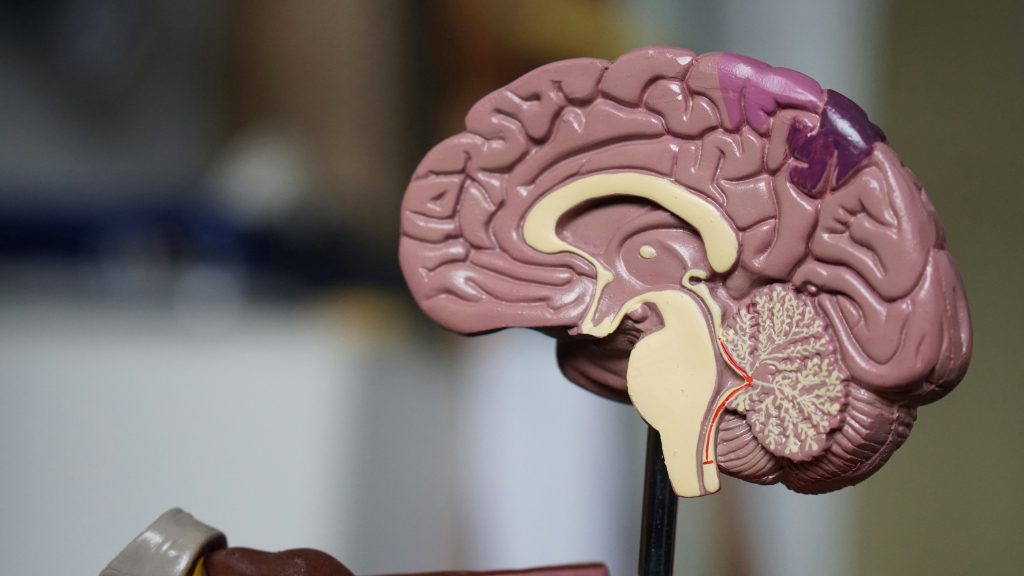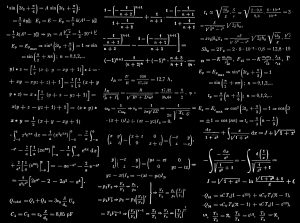Improve Your Cognitive Abilities with Memory Brain Training Programs

Are you concerned about your child’s cognitive development? Do you want to find effective ways to improve their memory and enhance their academic performance? In this article, we will explore the power of brain training exercises and how the abacus can significantly improve your child’s cognitive abilities, especially in mathematics. By incorporating brain exercises into their daily routine, you can help your child sharpen their memory, concentration, and focus while enjoying the learning process.
Brain Exercises to Improve Memory
Cognitive training programs have gained attention for their potential to enhance various cognitive abilities across different age groups. Research indicates that abacus training can significantly improve memory, concentration, problem-solving skills, and overall cognitive development.
-
Jigsaw Puzzles
Engaging in jigsaw puzzles is a fantastic way to strengthen your child’s brain. By piecing together different shapes and colours, they develop visuospatial cognitive skills. This activity challenges their problem-solving abilities and increases their cognitive flexibility. -
Vocabulary Building
Expanding your child’s vocabulary is more than just helping them sound smart. It also stimulates multiple regions of the brain associated with visual and auditory processing. Encourage them to read books, write down unfamiliar words, and use those words in different contexts throughout the day. -
Listening to Music
Listening to music has been shown to increase creative thinking and generate innovative solutions. It stimulates the brain’s reward system, releasing dopamine and enhancing motivation. Consider introducing your child to different genres of music and encourage them to play an instrument of their choice. -
Meditation
Daily meditation not only calms the mind but also fine-tunes memory and information-processing abilities. Just five minutes of meditation each day can significantly improve your child’s cognitive function and memory retention. -
Visualising
Visualisation is a powerful technique that helps organise information and make appropriate decisions. Encourage your child to imagine scenarios vividly and with as much detail as possible. This exercise enhances their memory, problem-solving, and decision-making skills. -
Memory Card Games
Playing memory card games challenges your child’s short-term memory and pattern recognition abilities. It activates areas of the brain associated with recall and improves their cognitive function. -
Chess
Engaging in games like chess boosts memory, executive functioning, and information processing speed. The strategic thinking required in chess fosters problem-solving skills, spatial awareness, and critical thinking abilities. -
Sudoku
Number puzzles like sudoku provide a fun way to challenge the brain and improve cognitive function. They require logical thinking, concentration, and attention to detail.
Cognitive Training with Abacus
Abacus training is beneficial not only for children but also for older adults. Research suggests that cognitive training using the abacus can help improve cognitive functioning in older adults, including those with cognitive impairments. The training can serve as an effective cognitive stimulation tool, promoting mental agility and enhancing quality of life.
Abacus training presents a multifaceted approach to cognitive enhancement. Its benefits extend beyond mathematical skills, contributing to improved memory, attention, and problem-solving abilities.
As such, it is a valuable tool for cognitive development across various age groups, making it an appealing option for parents and educators looking to boost cognitive skills in children and support mental health in older adults.
Now, let’s see some significant benefits of abacus training for your child’s mathematical abilities.
-
Developing Mental Math Skills
The abacus is an ancient tool that helps children visualise numbers and perform complex calculations mentally. By using the abacus, children learn to manipulate numbers quickly, improving their mathematical aptitude and mental math skills. -
Enhancing Concentration and Focus
Abacus training requires full attention and concentration. Children learn to focus on the task at hand while performing calculations on the abacus beads. This enhances their ability to concentrate for extended periods, which translates into improved academic performance. -
Boosting Confidence and Self-Esteem
As children master mental math using the abacus, they gain confidence in their abilities. The sense of accomplishment from solving complex calculations boosts their self-esteem and motivates them to take on more challenging math problems. -
Improving Overall Cognitive Abilities
Abacus training stimulates both sides of the brain, promoting the development of various cognitive functions. It enhances memory, concentration, logical thinking, and problem-solving abilities. Children who undergo abacus training often outperform their peers in mathematics and overall academic performance.
To Sum It Up
Incorporating brain training exercises into your child’s routine can significantly enhance their cognitive abilities, memory, and academic performance. Activities such as jigsaw puzzles, vocabulary building, listening to music, meditation, visualization, memory card games, chess, and sudoku engage different areas of the brain and improve cognitive function.
Additionally, abacus training offers unparalleled benefits for your child’s mathematical abilities. SIP Abacus India provides world-class skill development programs that utilize the abacus tool and visualisation techniques to enhance mental math skills in children aged 6-12. Their structured curriculum and interactive learning methods ensure that children develop strong mental math abilities, concentration, confidence, and overall cognitive skills.
Give your child the advantage they deserve by investing in their cognitive development through brain training exercises and abacus training. Watch them excel in mathematics, boost their self-confidence, and become well-rounded individuals with exceptional problem-solving skills. Start their cognitive adventure today!



